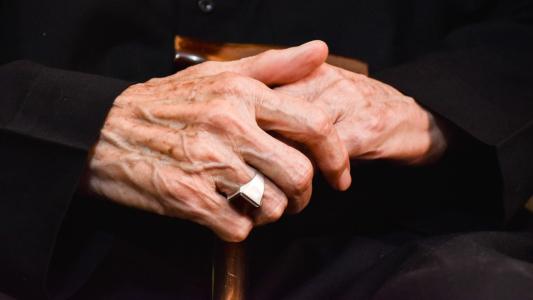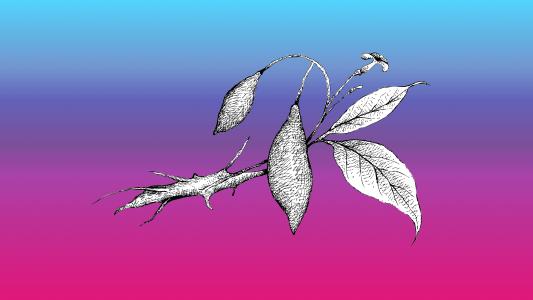Mental Health
Viktor Frankl: The doctor who prescribed the meaning of life to his patients
Not having a meaningful life can be dreadful, and one psychologist thought it was the root of many neuroses. His ideas became Logotherapy.
Newly identified type of depression affects 27% of patients
Stanford University researchers have identified a new, hard-to-treat type of depression characterized by problems with cognition.
Sooner or later we all face death. Will a sense of meaning help us?
An awareness of our mortality can, paradoxically, move us to seek – and, if necessary, create – the meaning that we so desperately crave.
Nasal drops might prevent PTSD
New research shows that nasal drops of neuropeptide Y triggers extinction of fear memories in an animal model of PTSD.
Brain scans hint that lonely individuals process the world differently
A study finds that the brains of people who score higher in loneliness react in unique ways when viewing video content.
The neurons that make us feel hangry
Researchers gave pinpointed a cluster of cells called AgRP neurons near the underside of the brain that may create “hangry” feelings.
Ketamine is as effective as ECT for depression, study shows
A trial of patients with treatment-resistant depression found ketamine to be at least as effective as electroconvulsive therapy.
Do we finally know what causes Alzheimer’s?
The first treatments proven to slow cognitive decline in Alzheimer’s are helping settle a decades-long debate about how the disease starts.
Depression treatment reverses “backwards” brain signals
Transcranial magnetic stimulation (TMS) appears to relieve depression by correcting brain signals that are traveling the wrong direction.
Psychedelic inspires discovery of two new drug candidates for depression
Researchers have found ibogaine-inspired compounds effective in treating depression and addiction in mouse models.









